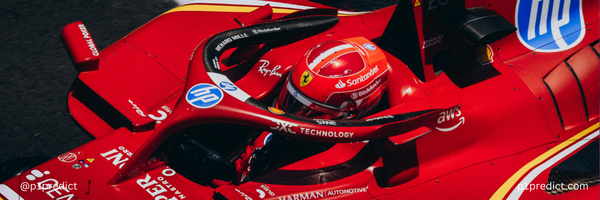As the world of Formula 1 continues to evolve, fans and participants alike are always eager to see how changes in regulations will impact the sport. This year brings a few notable updates that are sure to stir conversation among fans, teams, and drivers.
The Two Pit Stop Mandate at Monaco
One of the most intriguing changes for this season is the introduction of a two pit stop mandate during the Monaco Grand Prix. Traditionally, Monaco has been a race where overtaking is a challenge, often resulting in a procession rather than an exhilarating race. With the introduction of this mandate, the goal is to inject an element of risk and strategy by requiring teams to run on multiple tire sets. This could potentially create more dynamic race conditions and alter traditional strategies. It’s a bold move by the organizers to keep Monaco relevant, especially with some critics questioning its place in the modern F1 calendar.
Driver Safety: The New Cooling System
Safety in Formula 1 has always been a top priority, and recent updates further underscore this commitment. The introduction of a driver cooling system is a direct response to experiences such as the extreme heat faced by drivers in Qatar two years ago. This system includes a fireproof vest with cooling pipes designed to help regulate core temperatures in high heat conditions. This is particularly crucial as drivers navigate the physically taxing conditions inside a Formula 1 cockpit. It marks another advancement in safety technology that has evolved alongside the sport, reminiscent of the halo system that has become a staple in driver safety.
The Fastest Lap Point Adjustment
Another significant change involves the regulation around the fastest lap point. Previously, a point was awarded for the fastest lap if a driver was in the top 10 positions, which, some argue, led to strategic manipulation by teams with sister team setups. Now, while drivers can still claim the fastest lap, no points will be awarded for it. This adjustment aims to close the loophole where teams might exploit this rule to influence championship standings unfairly. The importance of each point in the context of the Constructors’ Championship and drivers’ standings cannot be understated, illustrating how even minor regulatory tweaks can have significant implications.
Increasing Opportunities for Rookies
Recognizing the importance of fostering new talent, teams are now required to run a rookie in their cars during free practice sessions twice a year. This creates essential opportunities for emerging drivers to gain experience and prove their capabilities in one of the most challenging sports.
As Formula 1 fans and experts anticipate how these changes will play out, the 2025 season promises to be both thrilling and unpredictable. The ongoing evolution of the sport continues to balance tradition with innovation, ensuring that Formula 1 remains at the cutting edge of motorsport. Stay tuned as these developments unfold, bringing fresh dynamics to this ever-exciting global stage.


Leave a Reply